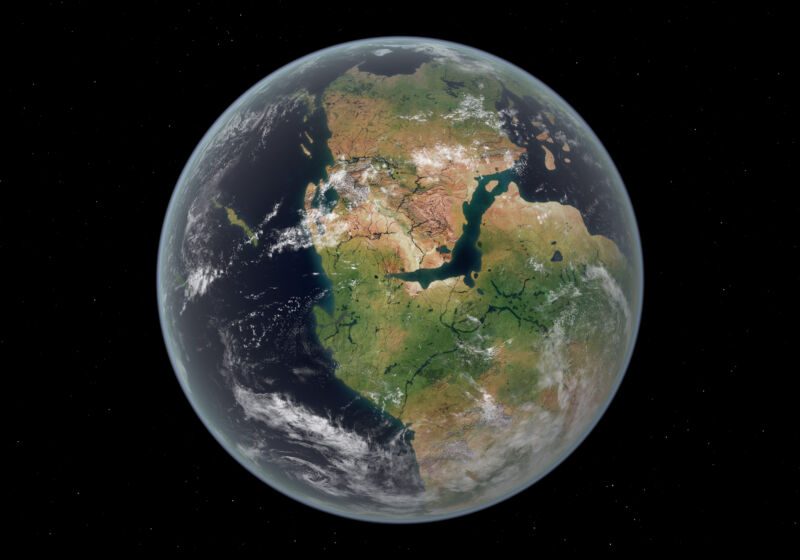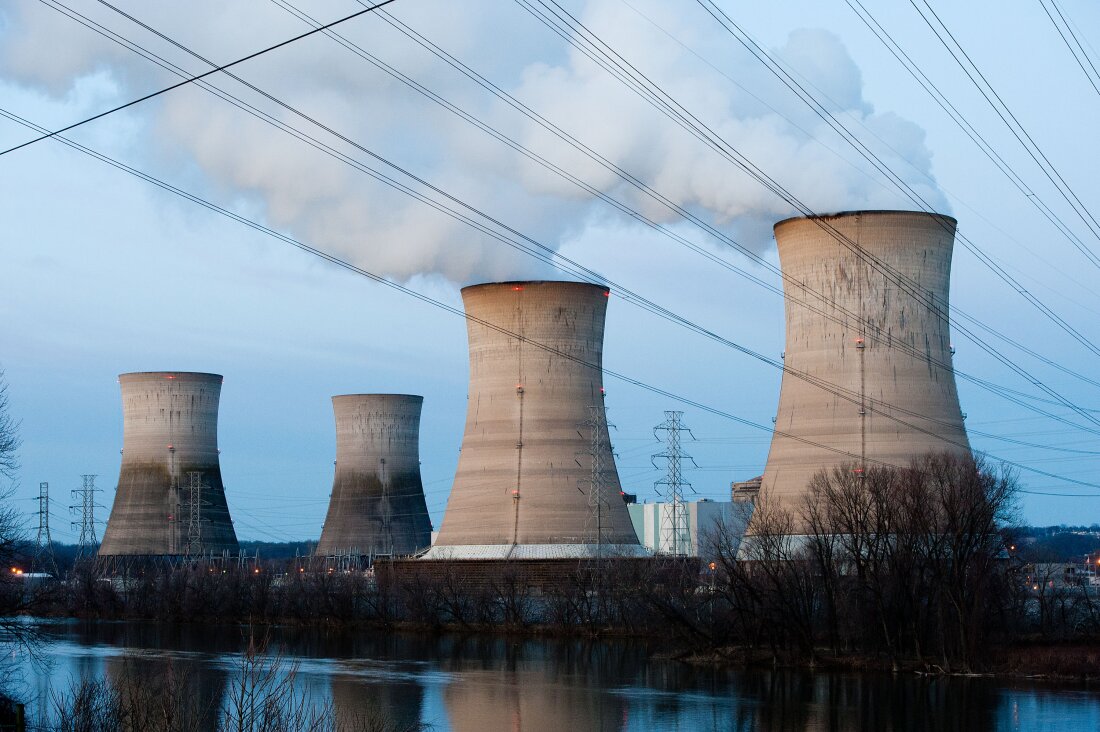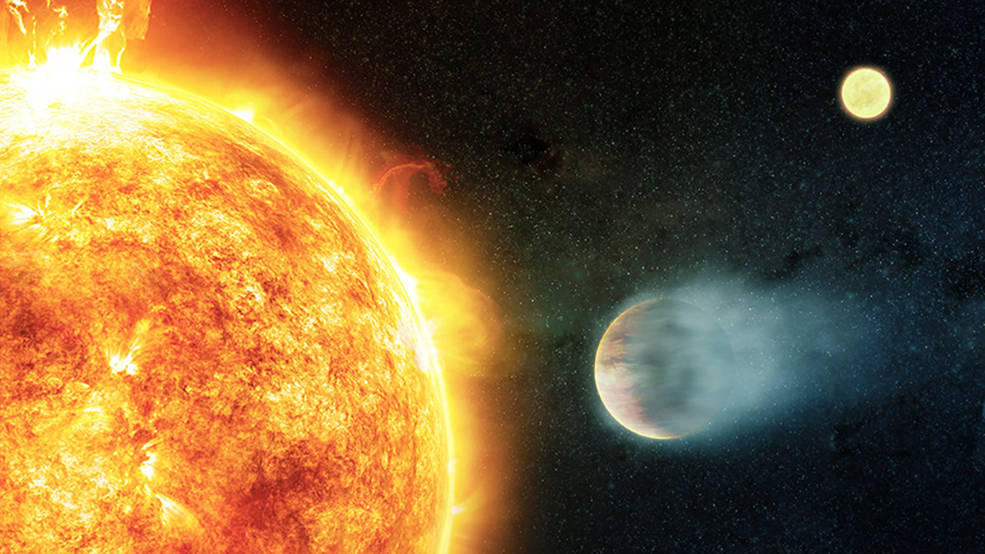While it’s not officially summer yet in the Northern Hemisphere, the heat and extremes are already here. Smoke from fires is blanketing parts of the US, and Puerto Rico is under a severe heat alert. Earth’s oceans are heating up at a concerning rate.
While there is currently no direct link between this week’s events and global warming, human-caused climate change is a known contributor to the rise of severe wildfires and heat waves, like the ones affecting North America today.
Scientists are warning that El Niño, a global weather pattern that could set new heat records, may arrive before the end of the year. These events highlight that the world’s wealthiest continent is unprepared for the imminent hazards of climate change. Canada’s prime minister, Justin Trudeau, recently stated that his government is considering establishing a disaster response agency to prepare for such events.
The recent wildfires are puncturing the idea that certain regions are safe from the worst of climate change. Smoke from these wildfires upended many cities, affecting daily life even in regions that are far from fire-prone forests. Wildfires are no longer solely a problem for people who live in such regions. In the US, an increasing number of people are exposed to toxic pollution from wildfires.
The two countries that have recently experienced these extremes, Canada and the US, are major producers of oil and gas, the burning of which produces the greenhouse gases leading to the warming of Earth’s atmosphere. Moreover, global temperatures are today more than 1.1 degrees Celsius (2 degrees Fahrenheit) higher than those in the preindustrial era.
Professor Alexandra Paige Fischer, who researches fire adaptation at the University of Michigan, says western Canada’s boreal forests were ready fuel for the wildfires. The grasslands and trees of eastern Canada turned into tinder in a dry year that was made worse by an exceptional heat spell. Climate change exacerbates situations like this, drying out ecosystems faster than they would have otherwise. Such conditions increase the chance of severe fires and heat waves.
In addition to the wildfires, other parts of the world are experiencing extreme heat. In May, Vietnam saw temperatures surpass 44 degrees Celsius (111 degrees Fahrenheit), and China broke heat records in more than 100 weather stations in April. Even the boreal forests in Siberia are burning.
Climate change is also making the Siberian fire season longer and more severe, according to Brendan Rogers, a boreal forest fire expert at the Woodwell Climate Research Center. Much of the excess heat in the atmosphere is absorbed by the oceans, causing a steady rise in ocean temperatures, reaching a record in 2022. Scientists have noted that ocean temperatures are the hottest they’ve been in 40 years this spring. While they haven’t settled on the reason, some suggest that this could signal the coming of El Niño, a pattern that brings heat up to the surface of the eastern Pacific Ocean. We have been under the influence of the cooler La Niña weather pattern for the past few years, with El Niño potentially setting new global heat records on the horizon.
Puerto Rico is already feeling the heat, with record-high temperatures and humidity, resulting in a heat index of 125 degrees Fahrenheit (nearly 52 Celsius) in parts of the island. This week’s extremes demonstrate that climate change must be tackled urgently and that the world’s wealthiest nations must be prepared for more frequent and severe climate hazards.











